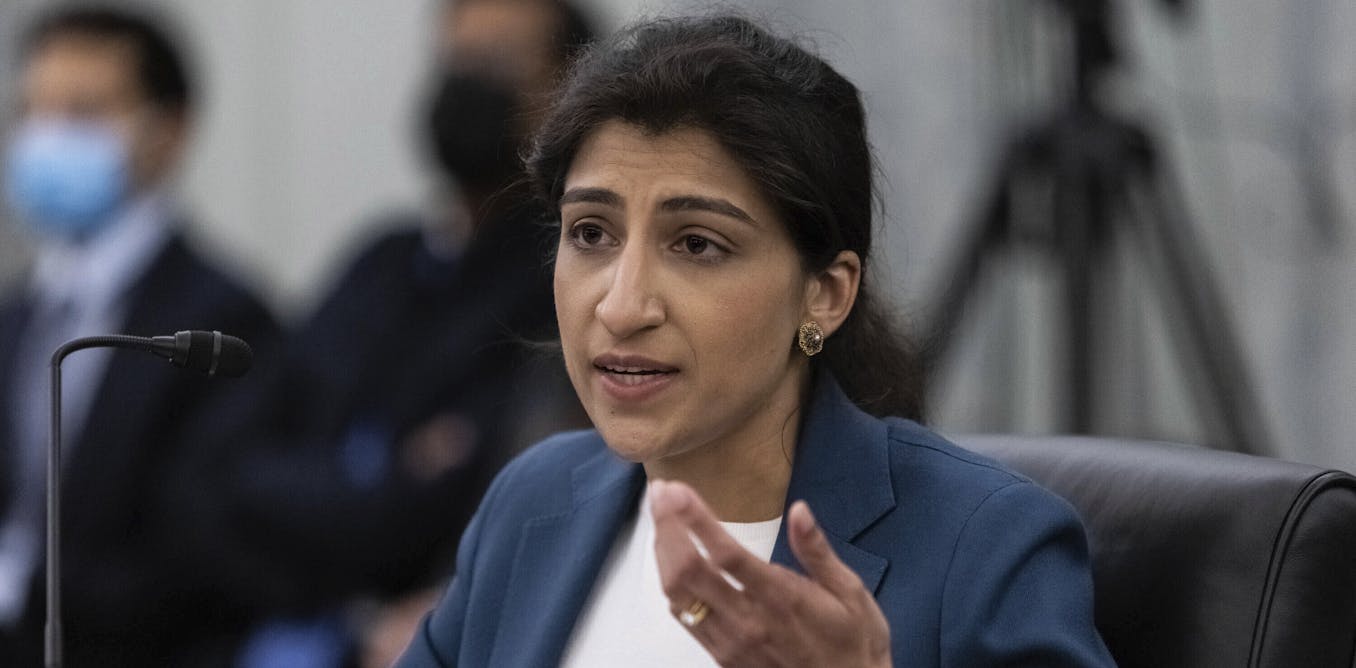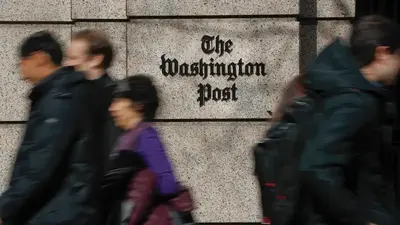Business
The IRS says Microsoft may owe about $29 billion in back taxes. Microsoft disagrees
SAN FRANCISCO -- The Internal Revenue Service says Microsoft owes the U.S. Treasury $28.9 billion in back taxes, plus penalties and interest, the company revealed Wednesday in a securities filing.
That figure, which Microsoft disputes, stems from a long-running IRS probe into how Microsoft allocated its profits among countries and jurisdictions in the years 2004 to 2013. Critics of that practice, known as transfer pricing, argue that companies frequently use it to minimize their tax burden by reporting lower profits in high-tax countries and higher profits in lower-tax jurisdictions.
Microsoft, which is based in Redmond, Washington, said it followed IRS rules and will appeal the decision within the agency, a process expected to take several years. The company’s shares dropped slightly in aftermarket trading.
The IRS began an audit of Microsoft in 2007 that the agency described in federal court documents last year as “one of the largest in the Service’s History." Microsoft says it was recently notified by the IRS that the audit has ended, starting a new process to resolve a dispute over how much is owed.
Part of the long-running IRS investigation centered on how Microsoft structured a manufacturing facility starting in 2005 in the U.S. territory of Puerto Rico. The IRS has said Microsoft hired accounting firm KPMG to set up a cost-sharing arrangement with the Puerto Rican affiliate that shifted taxable revenue out of the U.S.
The IRS has also looked at other affiliates, including one that involved retail sales in Asia, according to court documents.
A blog post Wednesday from David Goff, Microsoft's corporate vice president for worldwide tax and customs, said the company has changed its corporate structure and practices since the years covered by the audit. But he said it's not uncommon for large multinationals to use cost-sharing arrangements, and that because Microsoft's subsidiaries shared in the costs of developing some intellectual property, they were also entitled to related profits.
Goff also said that the $28.9 billion sought by the IRS could be reduced by up to $10 billion because of taxes paid as a result of a 2017 tax law signed by then-President Donald Trump.
-

 Business6m ago
Business6m agoA Guide for Businesses: From Understanding the Stages of Sales Optimization to Earned Wage Access
-

 Business31m ago
Business31m agoThe Food Allergy Immunotherapy Centre Transitions to “Allergy Centre of Excellence”
-

 Business3h ago
Business3h agoDetailing Manhattan: Christopher Gray’s Legacy – David Brussat
-

 Business3h ago
Business3h agoBusiness Beat: BankNewport supports Kids’ Zone at new Save The Bay Hamilton Family Aquarium
-

 Business13h ago
Business13h agoThe US is one of the least trade-oriented countries in the world – despite laying the groundwork for today’s globalized system
-

 Business13h ago
Business13h agoBiden administration tells employers to stop shackling workers with ‘noncompete agreements’
-

 Business18h ago
Business18h agoHere’s Where You Can Find Pan and Peel Pizza Now
-

 Business19h ago
Business19h agoThe costs of workplace violence are too high to ignore



























